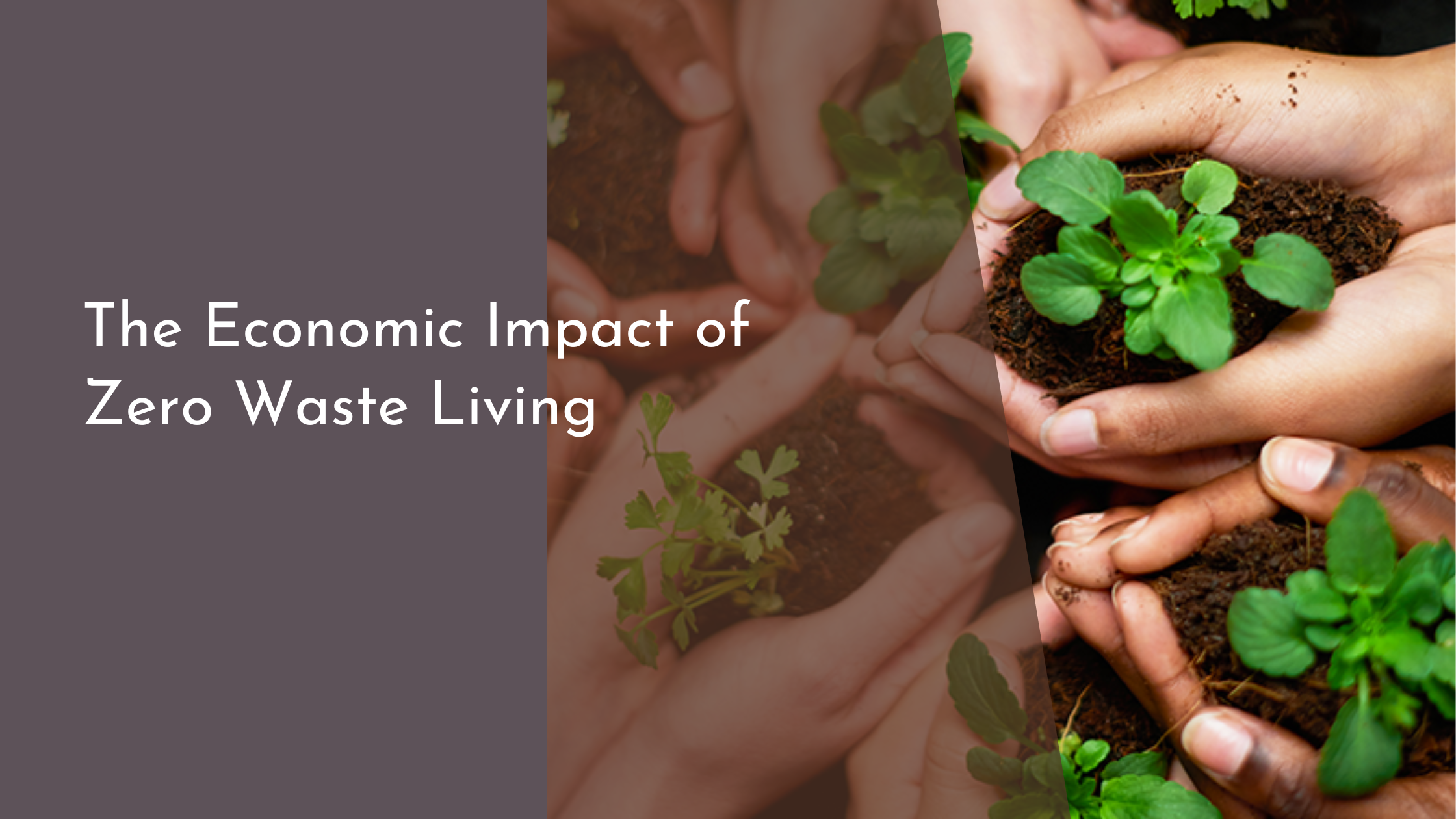The Economic Impact of Zero Waste Living
The zero waste movement has gained significant momentum over recent years as individuals and communities become more conscious of their environmental footprint. At its core, zero waste living is about minimizing waste through thoughtful consumption and resource efficiency. Beyond its environmental significance, this lifestyle shift promises substantial economic benefits both at the micro and macro levels. This article explores the economic ramifications of zero waste living, delving into the interconnected benefits, challenges, and steps toward a sustainable future.
Understanding the Zero Waste Movement
The zero waste movement is rooted in the philosophy of reducing, reusing, and recycling to minimize waste production and maximize resource efficiency. This approach challenges the traditional linear economic model of “take, make, dispose” by promoting a circular economy where resources are kept in use for as long as possible. Advocates of zero waste living engage in practices such as composting, using reusable products, and supporting businesses with sustainable practices. The aim is to send as little as possible to landfills and incinerators, thus reducing environmental pollution and conserving resources.
The economic implications of zero waste are profound, starting at the individual level. By adopting a zero waste lifestyle, consumers can save money by purchasing fewer disposable products and opting for reusable alternatives. This shift encourages a mindful consumer attitude, leading to more thoughtful spending habits and financial savings in the long run. On a larger scale, businesses that adopt zero waste practices can achieve significant cost savings by reducing waste disposal expenses and improving operational efficiencies. As companies embrace sustainability, they also enhance their brand image and attract eco-conscious consumers, further driving economic growth.
Environmental Benefits and Economic Gains
Transitioning to zero waste living offers an array of environmental benefits that translate into tangible economic gains. By reducing reliance on single-use products, the movement diminishes the demand for raw materials, leading to less environmental degradation and more sustainable resource management. This shift alleviates pressure on natural ecosystems, preserves biodiversity, and mitigates the effects of climate change, ultimately promoting a healthier planet and reducing costs associated with environmental damage and restoration.
At the community level, zero waste initiatives can stimulate local economies by creating jobs and fostering innovation. The recycling and reprocessing sectors, integral to a zero waste framework, provide employment opportunities in areas such as collection, sorting, and manufacturing of recycled goods. Moreover, the rise of new businesses focused on sustainable products and services catalyzes economic diversification and resilience. As cities and towns adopt zero waste policies, they can attract green investments and boost their economic competitiveness, paving the way for sustainable urban development.
Challenges and Solutions for Zero Waste Living
Despite its promise, zero waste living is not without challenges. One significant hurdle is the initial cost and effort required to transition from conventional practices to sustainable alternatives. Individuals may find it daunting to overhaul their consumption habits, while businesses may face upfront investments in new technologies and systems. Moreover, there is often a lack of infrastructure and support for recycling and composting, making it challenging for communities to implement zero waste practices effectively.
However, solutions to these challenges are emerging, driven by innovation and collaboration. Education and awareness campaigns can empower individuals with the knowledge and tools needed to adopt zero waste practices. Governments and organizations can incentivize sustainable behaviors through subsidies, tax breaks, and grants that ease the financial burden of implementation. Building robust recycling infrastructures and encouraging public-private partnerships can facilitate the transition, making zero waste living more accessible and practical for all.
Embracing a Sustainable and Prosperous Future
The journey toward a zero waste future is an opportunity to reshape our economic landscape into one that values sustainability and long-term prosperity. By integrating zero waste principles into policy frameworks, governments can foster environments conducive to sustainable economic growth. This involves setting ambitious waste reduction targets, supporting research and development in green technologies, and creating platforms for stakeholder collaboration.
Individuals, too, play a crucial role in this transformation. By embracing mindful consumption and waste reduction practices, they can drive demand for sustainable products and hold businesses accountable for their environmental impact. Together, these efforts create a ripple effect, fostering a culture that celebrates sustainability and recognizes its economic potential. As we look toward the future, the zero waste movement embodies the promise of a world where economic success and environmental stewardship go hand in hand.
The economic impact of zero waste living is a testament to the power of sustainable practices in fostering both environmental and financial well-being. By embracing zero waste principles, individuals, businesses, and communities have the opportunity to create a thriving economy that respects planetary boundaries. As we continue to navigate the challenges and seize the opportunities presented by this movement, we pave the way for a future that is not only sustainable but also prosperous for generations to come.


